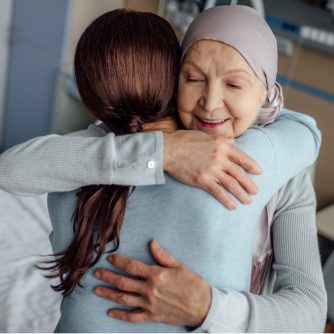
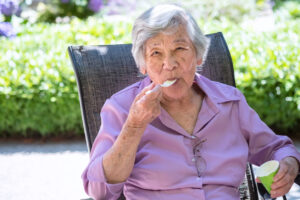 Toward the end of your life, your eating and drinking habits may change drastically. Your favorite food or drink may not interest you anymore, or the thought of a full meal may be unbearable. Meals can also be a huge part of your culture and way of life – so, when you lose your appetite, this can become particularly sad and disconcerting for friends and family members.
Toward the end of your life, your eating and drinking habits may change drastically. Your favorite food or drink may not interest you anymore, or the thought of a full meal may be unbearable. Meals can also be a huge part of your culture and way of life – so, when you lose your appetite, this can become particularly sad and disconcerting for friends and family members.
But a change in appetite is actually a completely natural part of end-of-life care. Your hospice care team can help you and your loved ones navigate this experience. Here is what you can expect regarding hospice nutrition and hydration in South Jersey.
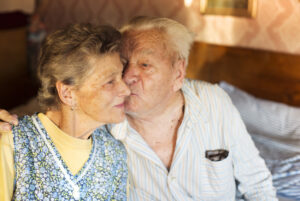 As your body starts to weaken from old age or as a terminal disease takes its toll on your body, you may very naturally have a lesser appetite for food and drink. This is all part of a natural progression of the body slowing down – it becomes more difficult for your body’s digestive tract to process foods and fluids, resulting in a lessened desire for food and drink.
As your body starts to weaken from old age or as a terminal disease takes its toll on your body, you may very naturally have a lesser appetite for food and drink. This is all part of a natural progression of the body slowing down – it becomes more difficult for your body’s digestive tract to process foods and fluids, resulting in a lessened desire for food and drink.
Many life-threatening diseases and the treatments for them can affect your palate and alter your sense of taste as well. Parkinson’s disease, Alzheimer’s disease, and multiple sclerosis (MS) can all affect your taste buds, as can cancer and treatments such as chemotherapy. Some patients receiving hospice care may not enjoy the foods or drinks they used to find palatable, simply because they truly do not taste the same as they did before.
While all people need certain amounts of food to eat and drink in order to move, function, and fuel their bodies, patients receiving hospice care expend and use less energy as they go about their daily routines. Thus, they need less food and drink in order to nourish themselves, and their bodies adapt naturally to no longer requiring the same amount of calories to function properly.
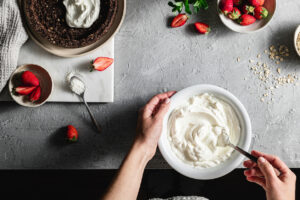
As a result of these natural changes in your body, you will naturally become less hungry and thirsty as you progress through hospice care. While loved ones of South Jersey hospice patients may be alarmed by this, it is important for you not to force your loved one to eat or drink, as this may only cause discomfort such as painful swelling and constipation.
Instead, we encourage you to adopt any or all of these hospice hydration and nutrition healthy eating habits to properly nourish your loved one receiving South Jersey hospice care:
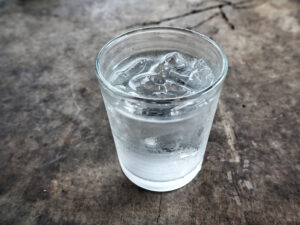
If your loved one ever protests that they don’t wish to eat, that is OK! As a caregiver, it is important not to force it, which can do more harm than good. Hospice patients face many unpleasant side effects at the end of their lives, and the following symptoms can be exacerbated by eating and drinking when they don’t want to:
 It’s important for family and friends of hospice patients to understand how hospice nutrition and hydration works to lessen any feelings of fear, anxiety, or worry.
It’s important for family and friends of hospice patients to understand how hospice nutrition and hydration works to lessen any feelings of fear, anxiety, or worry.
Friends and family should rest assured that the body knows what it needs – if your loved one is hungry, they will eat; if they aren’t, they don’t need to. In fact, natural dehydration leads the body to release endorphins, which can act as a natural painkiller.
Utilizing hospice care for a loved one and giving them the freedom to eat and drink when they are comfortable doing so, on their own terms, is not starvation – in fact, it’s an act of compassion. Hospice patients will almost certainly lose weight, but this is all a natural part of the end-of-life process.
Your South Jersey hospice care team will work together carefully to ensure dignity and comfort for every hospice patient. Whether you are receiving hospice care at home or at one of our inpatient centers, Samaritan physicians and nurses will monitor your hospice nutrition and hydration needs carefully, and provide careful guidance to your loved ones throughout the process.